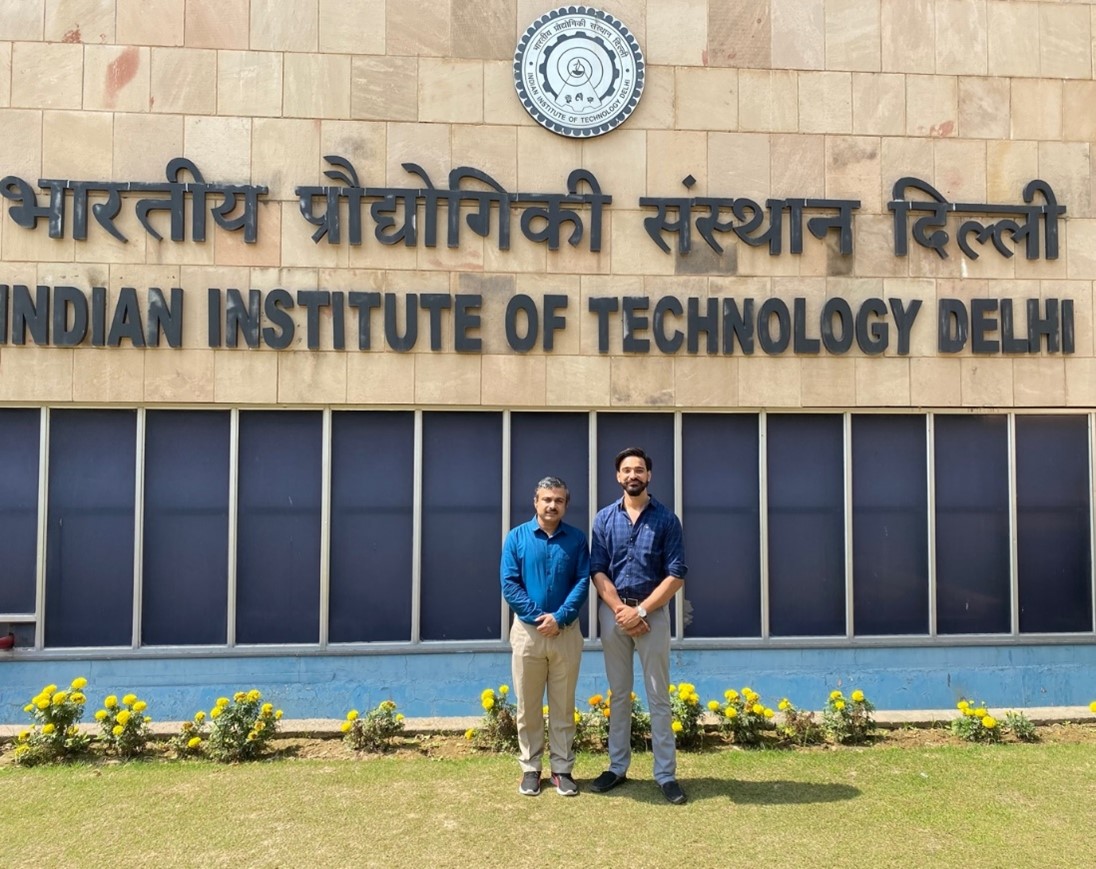Researchers from IIT Delhi have developed a promising new therapy for glioblastoma.
Illustration of Mind Most cancers. (Picture Credit score: Bing Picture Creator/News9).
New Delhi: Glioblastoma is the commonest and most malignant type of astrocytoma, a class of tumours that originate in astrocytes, star-shaped cells that make up the supportive tissue of the mind. Glioblastomas are extremely aggressive, develop quickly and infiltrates the encompassing mind tissue, making them difficult to take away surgically. Sufferers recognized with glioblastoma sometimes have a life expectancy of solely between 12 and 18 months.
CD40 agonist antibodies are a promising immunotherapy for anti-tumour response. Nevertheless its medical use is hampered as a result of systematic administration is poisonous to the liver and the immune system. Vidit Gaur, a PhD scholar at IIT Delhi below the steering of Jayanta Bhattacharyya has developed a novel nanoformulation combining CD40 agonist antibodies with a small molecule inhibitor known as RRX-001.

A graphical summary of the novel therapy. (Picture Credit score: IIT Delhi).
The innovation is geared toward enhancing the therapy efficacy for mind tumours, and affords a brand new ray of hope for enhancing outcomes for glioblastoma sufferers. Within the examine, mice with glioblastoma handled with the ‘Immunosomes’ developed by the IIT Delhi researchers confirmed full eradication of the tumour. The mice remained tumour-free for no less than three months. As well as, the therapy fortified the immune response to struggle in opposition to mind most cancers.
Cured mice re-challenged
Within the examine, the surviving mice had been implanted with glioblastoma cells three months after the therapy. The mice that had been pre-treated with the Immunosomes confirmed nearly no tumour development, revealing that the Immunosomes might generate long-lasting immune reminiscence, that may forestall the recurrence of tumours with further therapy.

Jayanta Bhattacharyya on the left and Vidit Gaur on the precise. (Picture Credit score: IIT Delhi).
The Immunosomes may also cut back the toxicity related to CD40 agonist antibodies, which is a major problem for clinicians world wide. A paper describing the analysis has been printed in Biomaterials. Jayanta Bhattacharyya says, “We’re extremely motivated by these outcomes, and are excited to translate these findings to human medical trials with a wider vary of glioblastoma sufferers.”

